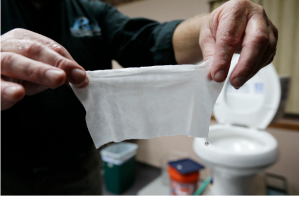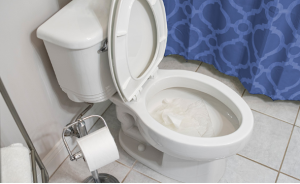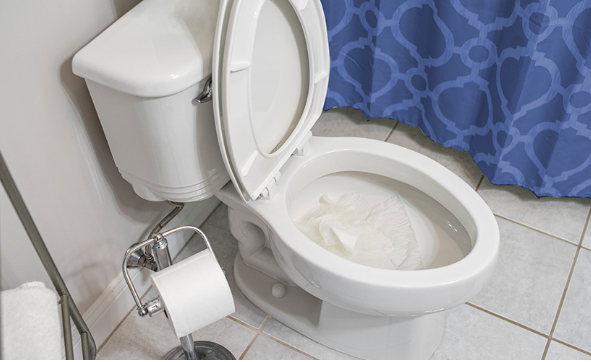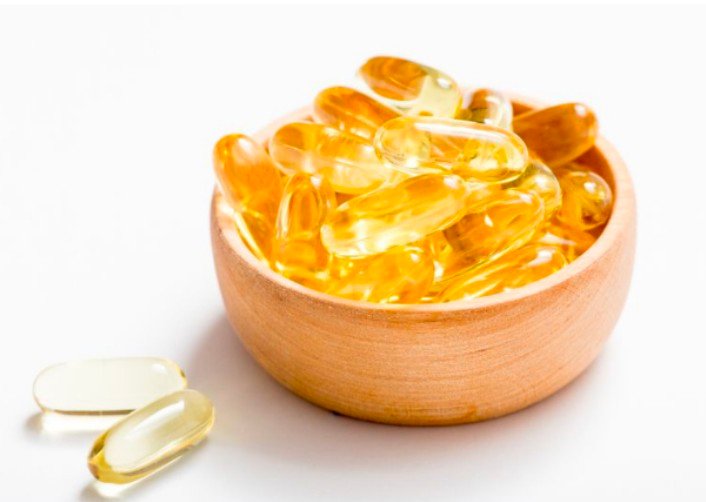Can You Flush Wet Wipes: The Truth About Flushing Non-Flushable Products
Picture this scenario: You’re finishing up in the bathroom, and you reach for a wet wipe to freshen up. But wait, can you flush wet wipes? It’s a question that many people have pondered, and with good reason. While wet wipes provide convenience and cleanliness, they can potentially wreak havoc on your plumbing system and the environment. In this article, we’ll delve into the topic of whether you can flush wet wipes or not, uncovering the facts, consequences, and alternatives. So let’s dive in and separate fiction from reality!
>>>> Read more: TOP 10 Wet Wipes Manufacturers in the USA Prestige 2023
1. Understanding Wet Wipes: A Brief Overview
Before we address the burning question of whether wet wipes can be flushed down the toilet, it’s essential to understand what wet wipes are and why they have become so popular. Wet wipes, also known as moist towelettes, are pre-moistened disposable sheets designed for various purposes, including personal hygiene, baby care, and household cleaning.
The allure of wet wipes lies in their convenience and versatility. They provide a quick and easy way to freshen up, whether you’re at home, on the go, or caring for an infant. However, it is important to note that not all wet wipes are created equal. Some are labeled as “flushable,” while others are explicitly marked as “non-flushable.” This distinction is crucial and will play a significant role in determining whether you can safely dispose of wet wipes by flushing.
>>>> Read more: Wet wipes production: 6 steps Complete Wet Wipes of DHTI
2. Can You Flush Wet Wipes Down the Toilet?
The short answer is no, you should not flush wet wipes down the toilet. Despite the label on some products claiming they are flushable, the reality is far from it. The term “flushable” can be misleading, leading many individuals to believe that these wipes will effortlessly disintegrate once they enter the plumbing system. However, this is often not the case.
Unlike toilet paper, which is specifically designed to break down quickly in water, wet wipes are typically made from synthetic fibers like polyester or polypropylene. These materials do not readily disintegrate and can accumulate in your pipes, causing blockages and clogs. Even flushable wet wipes may take a considerable amount of time to break down, making them a potential hazard for your plumbing.
3. The Consequences of Flushing Wet Wipes
Flushing wet wipes down the toilet can have severe consequences, both for your personal plumbing system and the larger environment. Let’s explore some of the risks associated with improper disposal:
3.1 Plumbing Issues and Costly Repairs
When wet wipes accumulate in your pipes, they can create blockages that impede the flow of water. Over time, these blockages can lead to clogs, resulting in costly repairs. Plumbing professionals often encounter situations where wet wipes are the root cause of these issues. So, before you reach for the flush handle, be mindful of the potential expenses that could arise.
3.2 Environmental Impact
While your home’s plumbing may suffer from flushed wet wipes, the environment also bears a significant burden. When wet wipes make their way into the sewage system, they can contribute to sewer backups and overflows. These incidents release raw sewage into water bodies, polluting rivers, lakes, and oceans. Marine life is particularly vulnerable to the harmful effects of non-biodegradable wet wipes, leading to ecosystem disruption and endangerment of species.
3.3 Wastewater Treatment Challenges
Wet wipes that survive the journey through the sewage system eventually reach wastewater treatment plants. Unfortunately, these facilities are not equipped to effectively filter out all the fibers, resulting in additional strain on the treatment process. The presence of wet wipes can increase maintenance costs and impact the overall efficiency of these essential facilities.
>>>> Read more: ODM wet wipes – Best way to customize product
4. Alternatives to Flushing Wet Wipes
Now that we’ve established that flushing wet wipes is not advisable, you might be wondering what alternatives are available. Here are a few practical and environmentally-friendly options:
4.1 Dispose of Wet Wipes in the Trash
The simplest alternative to flushing wet wipes is to dispose of them in the trash bin after use. Ensure they are placed securely in a bag or container to prevent any unpleasant odors or leakage. This method allows for proper waste management and helps avoid the potential risks associated with flushing.
4.2 Use Biodegradable and Compostable Wipes
If you prefer using wet wipes but want a more eco-friendly option, consider switching to biodegradable or compostable wipes. These products are designed to break down naturally over time, reducing their impact on the environment. However, it’s crucial to check labels carefully to ensure the wipes meet recognized standards for biodegradability and compostability.
4.3 Opt for Traditional Toilet Paper
*When it comes to personal hygiene, traditional toilet paper remains the best choice for flushingwaste down the toilet. Toilet paper is specifically designed to dissolve quickly in water, minimizing the risk of clogs and blockages in your plumbing system. By using toilet paper instead of wet wipes, you can ensure a smooth and hassle-free flushing experience.
5. The Importance of Spreading Awareness
Now that you’re aware of the potential issues caused by flushing wet wipes, it’s important to spread this knowledge to others. Many people are still unaware of the consequences and continue to flush wet wipes without considering the long-term effects. By educating your friends, family, and community about the dangers of flushing wet wipes, you can help prevent unnecessary plumbing problems and protect the environment.
Share this article with others, engage in conversations, and advocate for proper disposal methods. Together, we can make a difference and encourage responsible habits when it comes to personal hygiene and waste management.
In conclusion, while wet wipes provide convenience and cleanliness, they should not be flushed down the toilet. Despite claims of being flushable, wet wipes do not disintegrate easily and can cause significant plumbing issues, as well as environmental harm.
To avoid costly repairs and damage to your plumbing system, it’s best to dispose of wet wipes in the trash bin. Consider switching to biodegradable or compostable wipes if you prefer a more eco-friendly option. And always remember, when it comes to flushing, stick to toilet paper designed for that purpose.
By taking these small steps and spreading awareness, we can protect our plumbing systems, reduce pollution, and preserve the beauty of our environment for generations to come.








